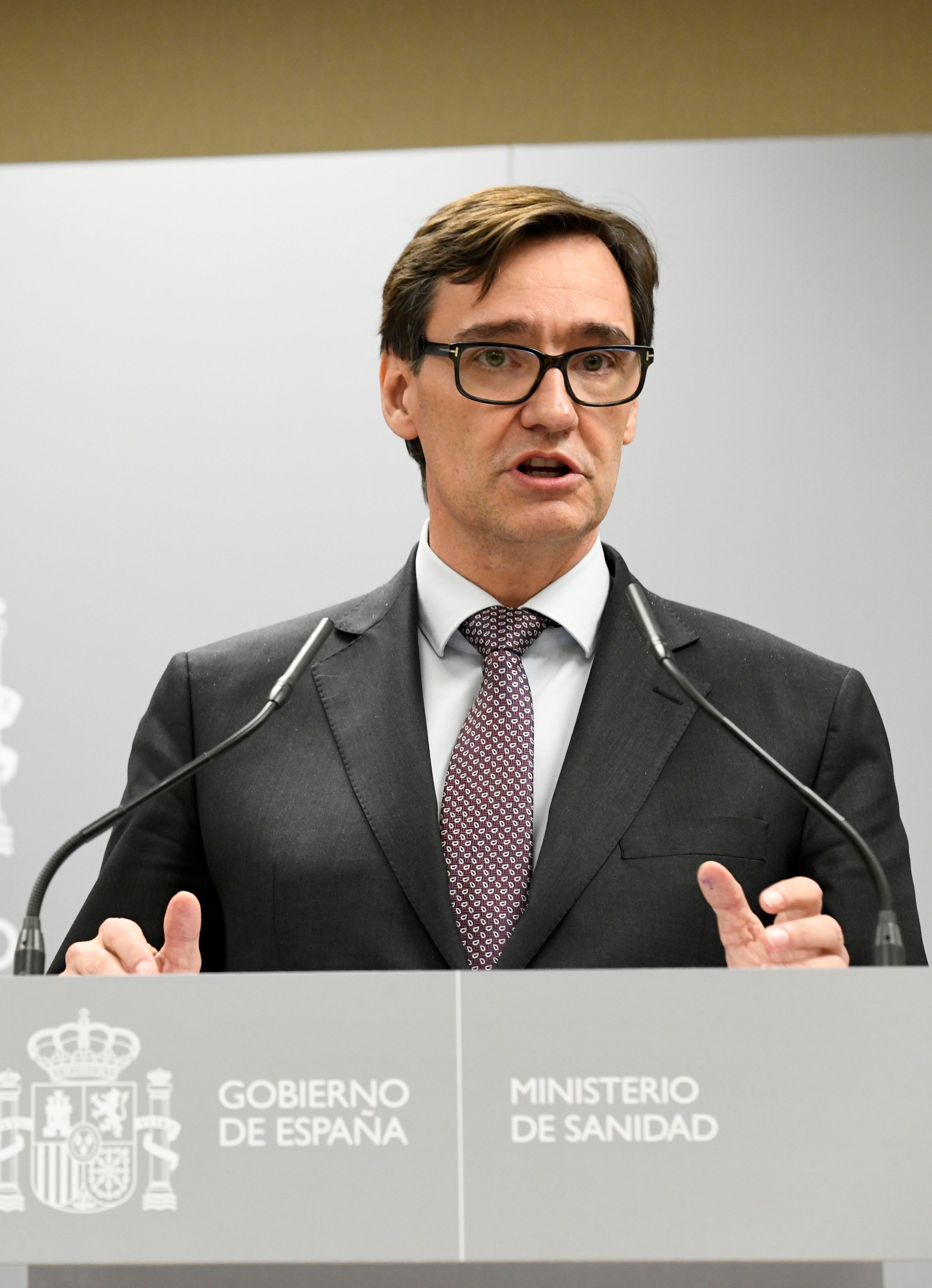"Since there are more who have recovered than have been infected, this time yes, we really have flattened the curve." These were the words of the Spanish health minister, Salvador Illa, at a Friday morning press conference as he quoted the figure of 3,105 Spaniards previously infected who have received the medical all-clear in the last day, more than the 2,796 new cases which had been detected in the Spanish state in the same interval. Despite declaring that Spain had entered a new phase in its fight against the coronavirus pandemic, he also called for "maximum caution".
The minister noted that the official Spanish death toll for this Friday, 367 fatalities in the last 24 hours, is the lowest in a month. “The figures should counsel us to work with the utmost caution,” he explained. The total number of Covid-19 deaths in Spain since the epidemic began is now 22,524, making Spain the third ranked country in the world in the mortality from the virus, in absolute terms.
Evolution of Coronavirus, Spanish health ministry figures: blue = active cases; black = deaths, green = recovered.
Meeting with the Autonomous Communities
As Illa explained, on Friday afternoon he was due to address the "de-escalation" phase with the autonomous communities, which in practice run most of Spain's devolved public health system. The minister said that the "transition" would be based on four criteria: the capacity in terms of patient care of the health system, the level of epidemiological surveillance, mechanisms of collective protection and mechanisms for early detection of cases.
Despite the importance of the meeting with the regional authorities, Illa stressed that they will play a "major" role in this phase but that it will be the Spanish government who will lead it.
The minister also underlined that in this new stage the aim is to apply measures in an "asymmetrical" way and "not necessarily by autonomous communities."
Deaths per day from coronavirus, Spanish health ministry figures.
Seroprevalence study
Regarding the Spanish plan to begin a study of seroprevalence, Illa stressed that "it is very ambitious." The study will test the immunity of the general population, via tens of thousands of tests over eight weeks, to give a truer picture of how far the virus has spread and thus guide policy. "It will allow a lot of data to be obtained throughout the territory," he added, adding that "we will carry it out it in conjunction with the autonomous communities and offer preliminary results."
The ministry will make decisions based on partial results it receives while the study is continuing.

